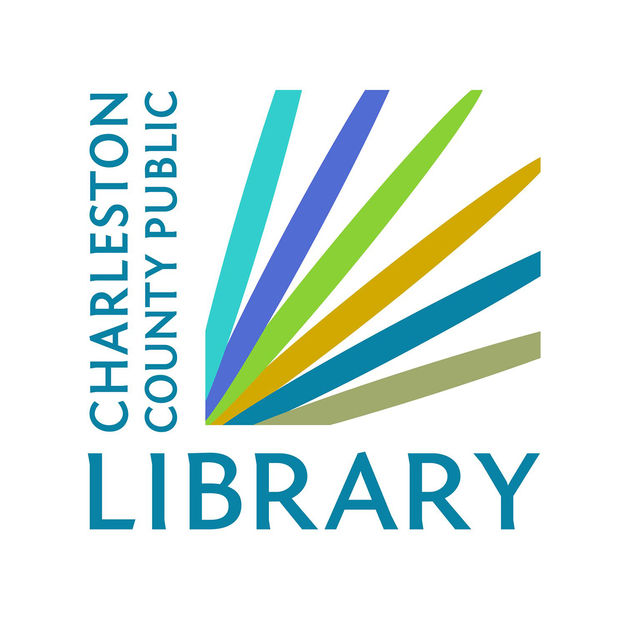🚀 From Google Podcasts to Moon FM in No Time: Your Hassle-Free Migration Guide
👉

Dr. Nic Butler, historian at the Charleston County Public Library, explores the less familiar corners of local history with stories designed to educate, entertain, and inspire audiences to reflect on the enduring presence of the past in the Lowcountry of South Carolina.
Your feedback is valuable to us. Should you encounter any bugs, glitches, lack of functionality or other problems, please email us on [email protected] or join Moon.FM Telegram Group where you can talk directly to the dev team who are happy to answer any queries.